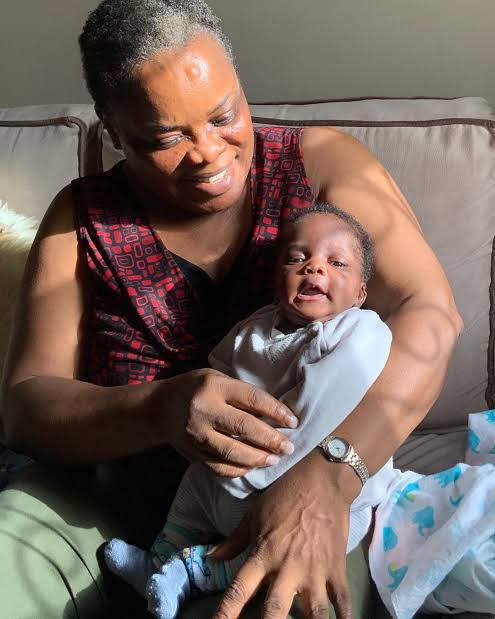Omugwo: A beneficial igbo culture for after birth care. It also helps to prevent postpartum depression for new mothers. The importance of omugwo are inumerable
Research has shown that some of the psychosocial risk factors that give rise to postpartum depression is the lack of social support – with the highest risk factor being the lack of paternal involvement.
This is a clear sign that there’s a need for men to be entitled to paternity leave as well, but with urbanization and the increase of unemployment due to lack of resources and jobs to meet the needs of the populace; the men are often forced to keep working in order to generate funds to sustain the family.
In Africa and some Asian cultures, the family was once seen as a community; motherhood was not viewed as a private affair, but due to urbanization, we see the rise of nuclear family structures -which means that new mothers are often times denied the opportunity to benefit from the large social network.
This is why the lack of paternal involvement as one of the highest risk factor is very intriguing to me; I believe that this is due to the fact that men have also been forced to take up roles that kinship usually embraced. This gap in the support becomes evident in one way.
If we take China as an example, after birth the woman is made to rest for four weeks whilst household chores and childcare is carried out by the women’s mother/ relatives.
The same thing is evident in many parts of Nigeria. In Igboland, we have the Omugwu ritual – where the mother of the woman or a relative is there to care for the woman and child.
In the Northern lands, the woman goes back to her parents’ home after delivery to be cared for by her mother for a few months before going back to be with her husband. For the Celala people from Zuru Kebbi State, the mother and baby after childbirth relocate to her maternal mother’s s house for 3-4 months for care, and pampering after which she can return to her husband’s house. If mother is not alive her mothers sister plays the part.
In the Yoruba land, the postpartum ritual Olojojo Omo, demands that both the mother and the mother in law are present to care for the mother and child. The mother of the woman leaves after 40 days, whilst the mother in law remains till after naming ceremony or even up to 3 months.
The ritual helps cushion the shock and effect of the transition for young parents which reduces the anxiety that comes with parenthood- as research shows that first-time mothers are often at a higher risk of Postpartum depression I guess our ancestors were not clueless.
The Guardian defined Omugwo “as a traditional Igbo custom for postpartum care by the mother of the couple. The importance of this practice is that it helps the new mother to ease into her new role through the experience of the mother(husband or wife)”. It is the equivalent of: “ojojo omo for Yoruba” and “umaan for Akwa Ibom.”
It is a beneficial igbo culture that provides moral, psychological and sometimes financial support for a newly delivered mother and her newborn baby.

Credit: Deskgram
Credit: Lolo Cynthia





















